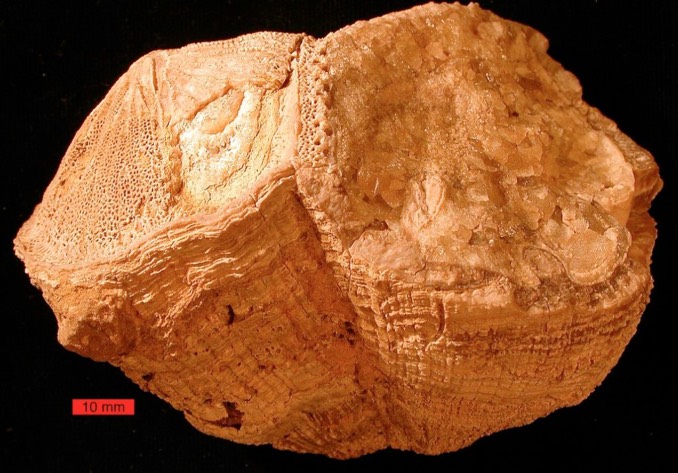Fossil Revealed That Days Were Shorter During the Age of Dinosaurs

Dinosaurs roamed the Earth millions of years ago, imposing their dominance over smaller species. A new study has discovered that the day was shorter in the past.
The researchers explored the fossil of an extinct rudist clam and observed an interesting fact. Growth rings present within the shell will appear for every day of life, and this particular specimen lived for nine years. With the help of advanced lasers and measurements, the researchers concluded that a day was shorter by 30 minutes, and a year was longer by almost seven days.
Up to five data points have been observed for each day, a significant boon for the researchers since it allowed them to peer into the length of a day almost 70 million years ago. The clam studied by the researchers used to live in a tropical area that morphed into the present mountain range of Oman.
The New Study Concluded That The Days Were Shorter During the Age of Dinosaurs
Observations of the shell revealed that the ocean temperatures could reach a maximum of 104 degrees Fahrenheit during the summer and 86 degrees Fahrenheit during winter. It was comprised of two parts linked by a hinge. A symbiotic relationship with another creature may have taken place as the clam was more active during the night, inferring that another species consumed food when the light was present.
The information which has been obtained during the study features an uncanny degree of accuracy, offering the chance to improve our understanding related to astrochronology and the biological traits of rudist clams.
It is theorized that the new laser method which was used by the researchers to observe the growth rings on the shell could be used to collect more data about fossils that are older.
Dinosaurs went extinct in the aftermath of an asteroid impact, which took place approximately 65 million years ago. The event triggered a massive extinction, which eliminated 75% of all the species present on the planet.
0 comments